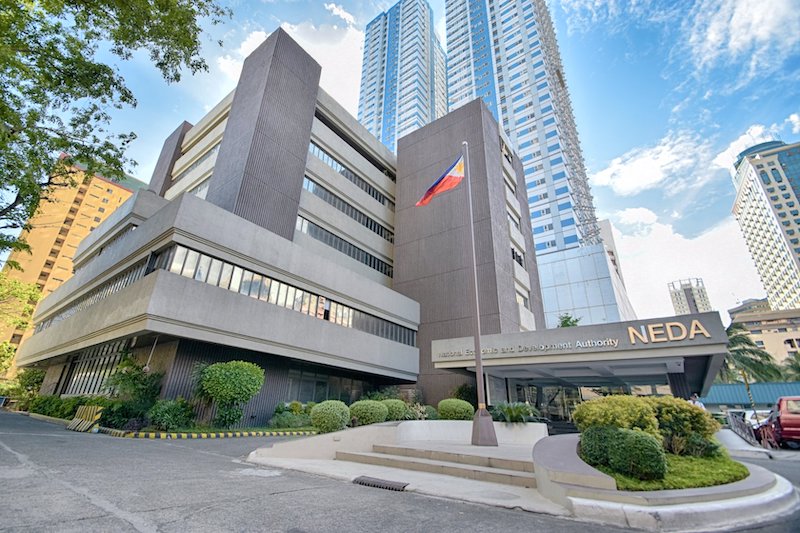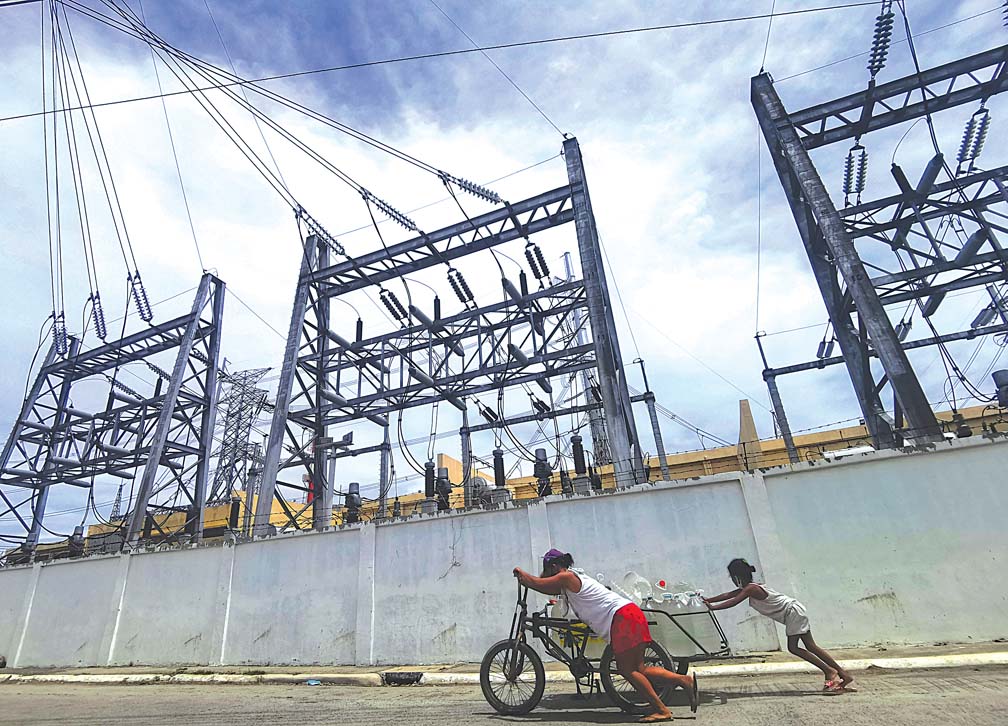PRESIDENT Ferdinand R. Marcos Jr. said the government is now tackling “structural” issues in the agriculture sector, which includes the country’s prevalent small-scale farming, to ensure national food security.
In a chance interview with reporters following the distribution of government aid at the CWC-Kafuerte Sports Center in Pili, Camarines Sur on Thursday, Marcos discussed government efforts to boost food production.
Foremost of their initiatives, he said, is to consolidate small farms into large tracks of agricultural land to boost production efficiency.
“Para tumaas ang production natin, para bumaba ang presyo ng produksyon, kailangan malalaki, malalawak ang mga pinag-aanihan, ang sinasaka. Dito sa Pilipinas maliliit lang, so we depend on cooperatives. [For the production to increase and bring down the price of production, we need to large farmlands. Here in the Philippines (the farms) are small so we depend on cooperative],” Marcos said.
Furthermore, he said cooperatives will also allow farmers to receive from the government such as access to hybrid or inbred crops and fertilizers.
The same scheme, he said, can also be applied to hog raisers and poultry farms to improve the country’s response against animal diseases such as the African Swine Fever, which has devastated the local hog industry since it was locally detected in 2019.
“We need to consolidate them to control the biosecurity in their area,” Marcos said.
The President said the Department of Agriculture (DA), which he currently directly leads, is partnering with the Cooperative Development Authority (CDA) to achieve this.
High-tech agriculture
He said he also wants to make the operations of DA more “high-tech” by adopting the best agricultural practices in other countries.
“So we have to bring the technology. The technology exists…we need to learn and study from them the latest techniques and strategies in farming, which we will disseminate to farmers,” Marcos said.
During his visit to Camarines Sur, Marcos led in the distribution of P826 million of intervention for Bicol farmers, which includes fertilizer discount vouchers, financial aid, boats, hauling trucks, rice combine harvester, transplanter, dryer, and rice mill.
For the interventions and other forms of assistance in Camarines Sur, Marcos was declared an “adopted son” of the province.
Marcos said by increasing the production of farmers, the country can reduce its reliance on imported food commodities as well as sustain the government’s Kadiwa activities.
Kadiwa provides agriculture suppliers a venue to directly sell their products to consumers.
Image credits: Nonie Reyes


































